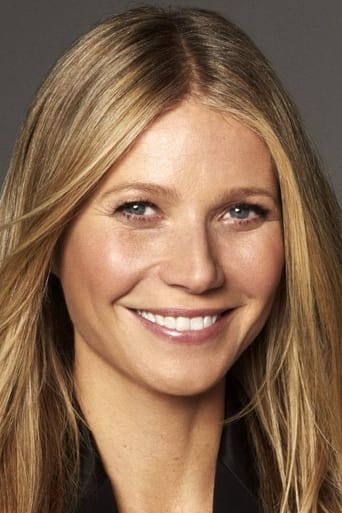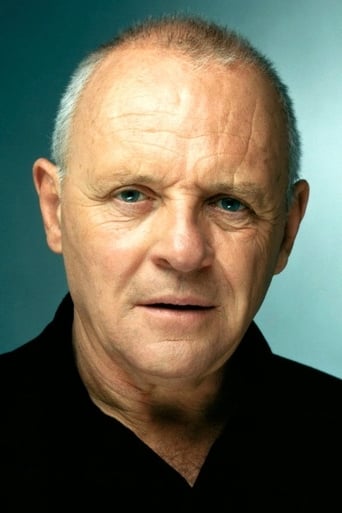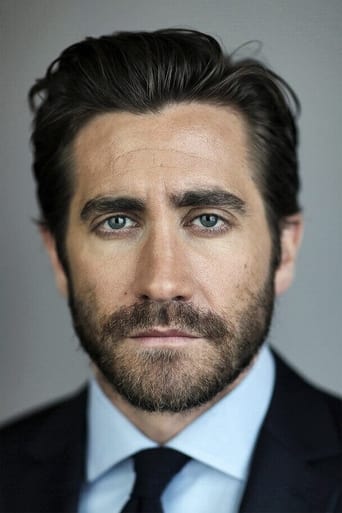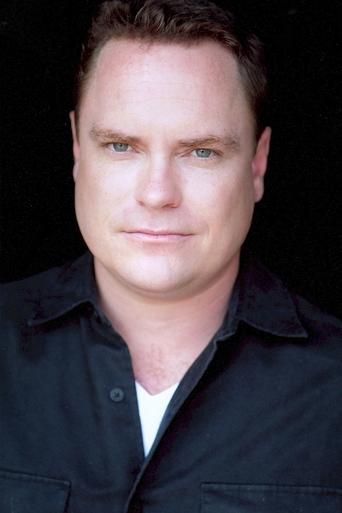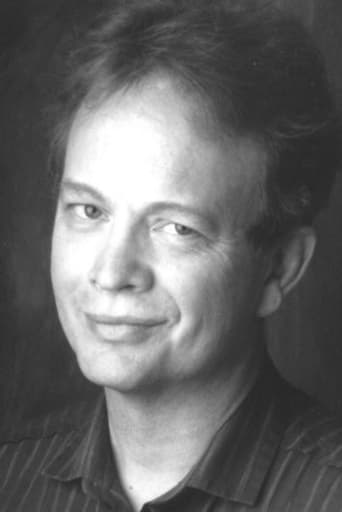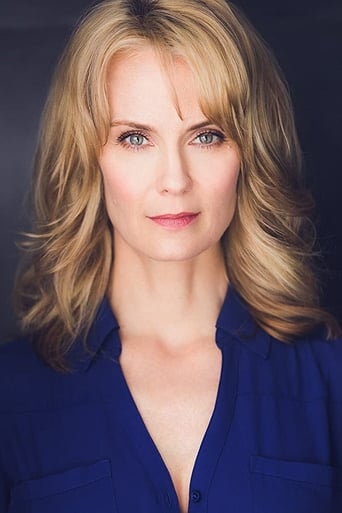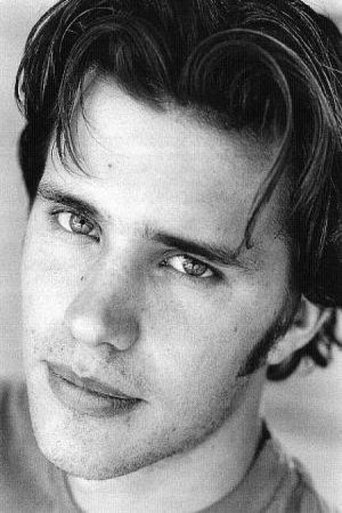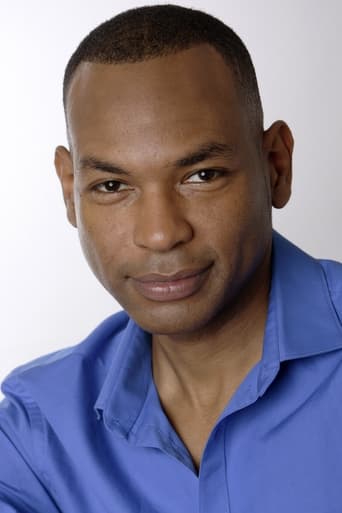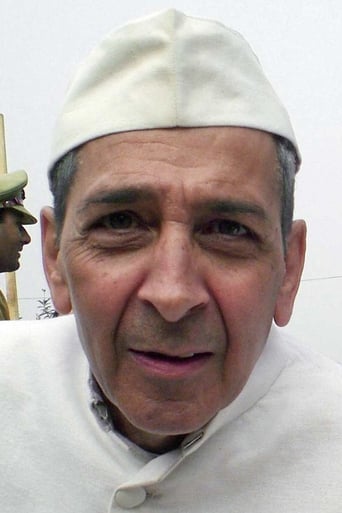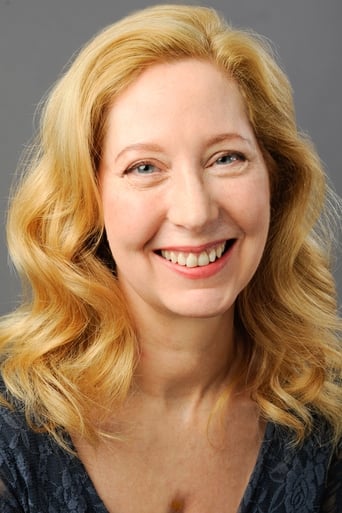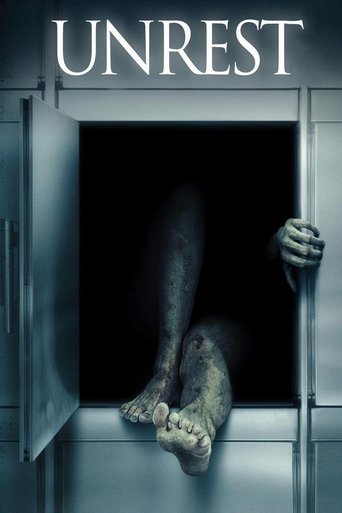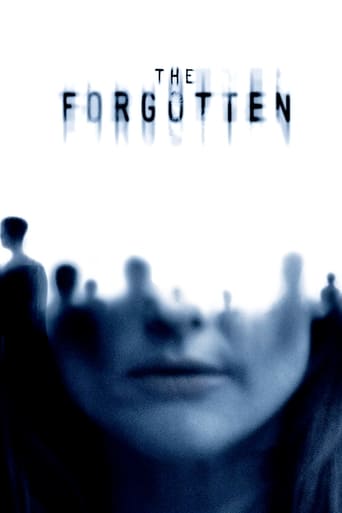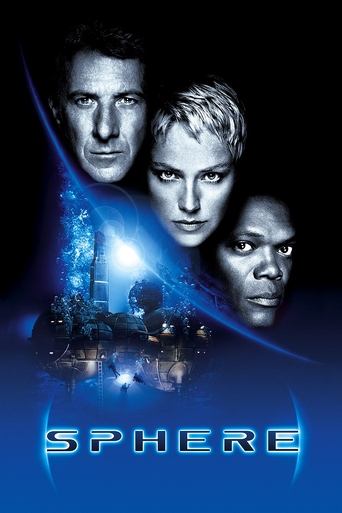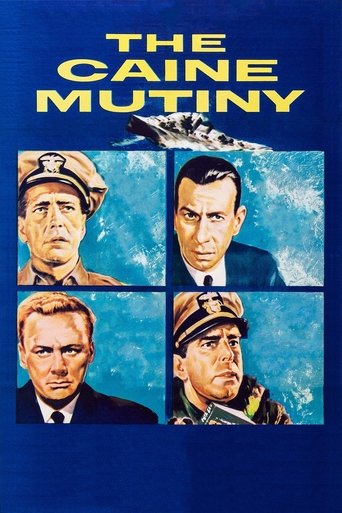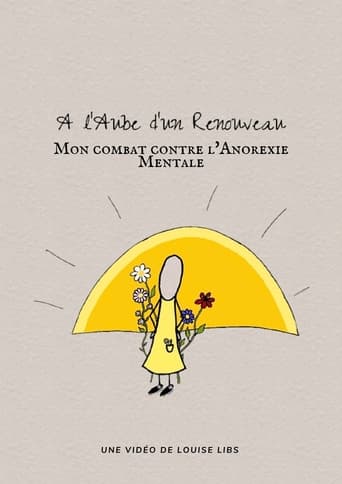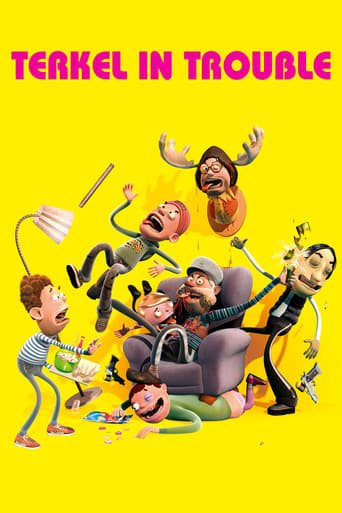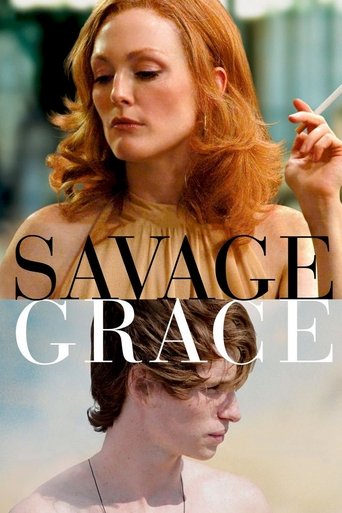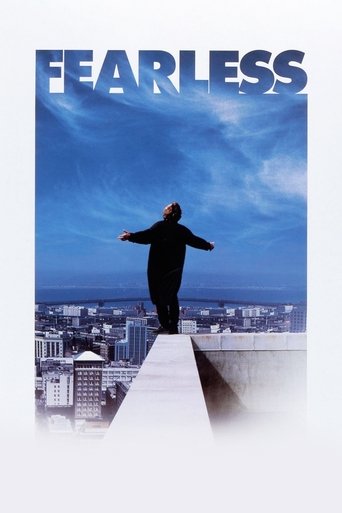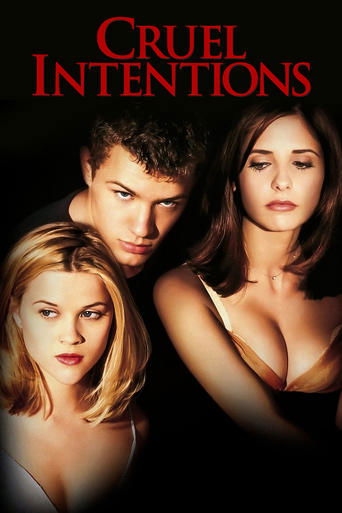










Proof (2005)
Catherine is a woman in her late twenties who is strongly devoted to her father, Robert, a brilliant and well-known mathematician whose grip on reality is beginning to slip away. As Robert descends into madness, Catherine begins to wonder if she may have inherited her father's mental illness along with his mathematical genius.
- John Madden
- Kim Armitage
- David Auburn
- David Auburn
- Rebecca Miller
Rating: 6.332/10 by 670 users
Alternative Title:
Proof - La prova - IT
A Prova - BR
Dokazatelstvo - RU
Bizonyítás - HU
La prueba - AR
La preuve irréfutable - CA
Dukaz - CZ
La verdad oculta - ES
Todiste - FI
Relationship Comes, Count All the Love - HK
Proof of My Life - JP
Dowód - PL
Proof - Entre o Génio e a Loucura - PT
Dokaz - RS
Доказательство - RU
Dôkaz - SK
Kanit - TR
{proof} - US
Proof (La verdad oculta) - ES
Country:
United States of America
Canada
United Kingdom
Language:
English
Runtime: 01 hour 41 minutes
Budget: $20,000,000
Revenue: $7,535,331
Plot Keyword: paranoia, mathematics, mathematician, proof, dementia, notebook, campus, grief, university, illness, mental illness, paper, disturbed, death of a loved one
Math is an exact science. A mathematical proof is a demonstration of this exactness. Math can also be, according to those who study it, beautiful – an art form even; in that sense, Proof is an aptly titled film in which mathematics overlaps with metaphysics, poetry and even faith. Proof knows its characters’ field well enough to have a little fun with it (a character and his math department buddies have a band, and once of their songs is called “i”, as in ‘imaginary number;’ “They just stand there. They don't play anything for three minutes.”); on the other hand, it assumes at times, not entirely without reason, ignorance on the part of the audience. Now, I’ll confess that I didn’t know what a Germain prime was, but the characters do, so it’s a bit of awkward exposition when one explains it to another. Other than this, director John Madden truly lucked out with this movie – which is not to say he didn’t have anything at all to do with the success of the material –; in addition to being based on a Pulitzer Prize-winning play, you simply can’t go wrong when you only have four characters and three of them are played by Hopkins, Gyllenhaal, and Paltrow.
This film quite succinctly sums up the characteristics of it's principal character. At times it's potent and at others it's a mess. It's all about "Catherine" (Gwyneth Paltrow) who together with her sister "Claire" (Hope Davis) are the daughters of acclaimed mathematician "Robert" (Sir Anthony Hopkins). Now he was borderline obsessed, in a clinical fashion, with his work writing a proof that will profoundly redefine thinking amongst his scientific community. Thing is, he's dead now and seems determined to "haunt" the life of his just as determined daughter (Paltrow) who, herself, treads a very thin line between reality and fantasy. Matters are exacerbated when one of his star pupils "Hal" (Jake Gyllenhaal) asks to look through their late father's papers and discovers something of monumental importance. Who wrote this, though - father or child or both? As the intensity grows for both sisters, their mental stability and their relationship is severely tested whilst the observing "Hal" (now the boyfriend of "Catherine") looks on somewhat dazed and confused as to what to do next as the narrative becomes increasingly peppered with historical familial flashbacks. Paltrow manages quite well with what must have been a difficult part and Davis does likewise as the loving sister who does not/did not share the all-consuming compulsion of her sibling and her dad. Some of the scenes between the two quite compellingly illustrate just how frustrations were growing as 'Catherine" seems bent on a slippery slope to depression. Gyllenhaal hasn't very much to work with and isn't really much more than eye candy and with the odd intervention from Sir Anthony adding little meat to the bones, there's not really enough to hold the film together consistently. It relies too much on the emotionally turbulent aspects of their persona and fails to deliver well on the rationale of their fixation. Just what is this proof and what does it mean to ordinary people - a question frequently asked by "Claire", too.

